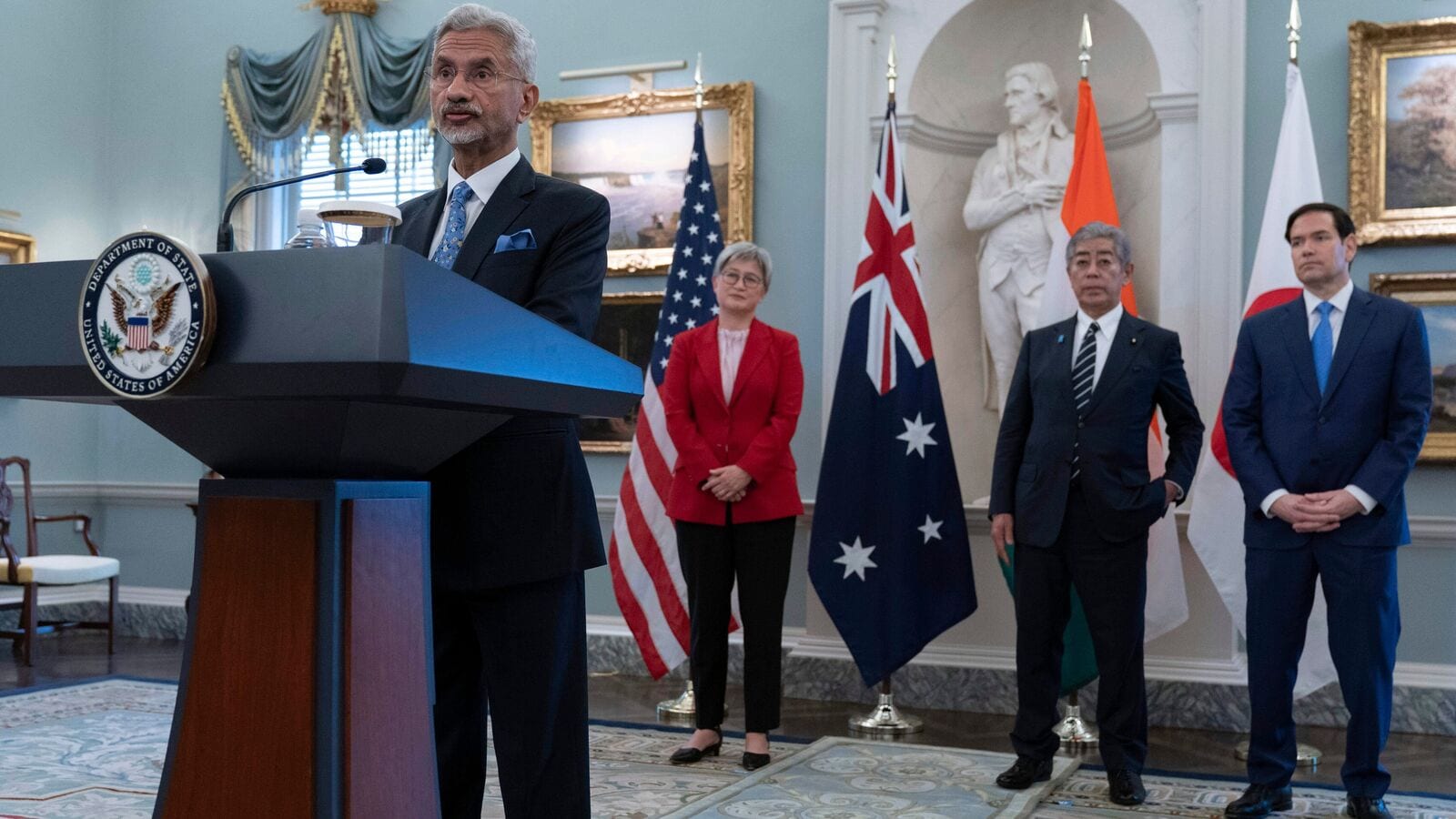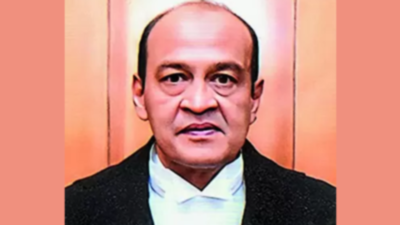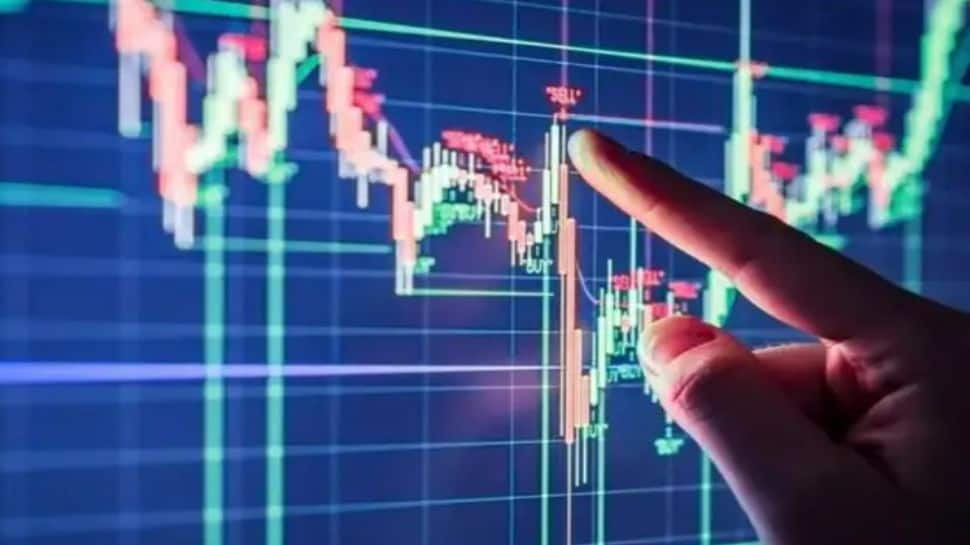Allies unite to break China’s critical minerals grip

China dominates the world’s critical mineral supply chain, with interests in mines across the globe and has developed the midstream segment of refining and processing. These form key components in the strategic sector including defence, electric mobility, telecommunications and electronics.
A joint statement by the Quad strategic partners on Wednesday also described the initiative as “an ambitious expansion of our partnership to strengthen economic security and collective resilience by collaborating to secure and diversify critical minerals supply chains”.
‘Coercion, price manipulation’
“Reliance on any one country for processing and refining critical minerals and derivative goods production exposes our industries to economic coercion, price manipulation, and supply chain disruptions, which further harms our economic and national security,” the statement said, making a veiled reference to China. The statement underscored the importance of diversified and reliable global supply chains.
China’s ongoing export curbs on rare earths have disrupted global supply chains, slowed industries, and prompted countries to seek alternative sources.
Sankalp Gurjar, professor of geoeconomics at the Gokhale Institute of Politics and Economics said: “This is a significant statement of intent from the Quad countries. China dominates the critical mineral supply market. Chinese dominance has been deployed as a geoeconomic tool. For the Quad countries, supply chain security and critical mineral security are interlinked. The statement is important as it is a strategic signal to China.”
Emphasizing on the need for effective implementation of the initiative, Gurjar said: “The real test will be how the Quad countries act on their objective.”
Mineral search
The Quad announcement comes at a time when Prime Minister Narendra Modi has left for a five-nation tour to Ghana, Trinidad & Tobago, Argentina, Brazil and Namibia, and critical minerals are expected to feature in his bilateral meetings in these countries.
P. Kumaran, secretary (east), in the external affairs ministry told reporters on Monday: “Argentina’s rich reserves of critical minerals such as lithium, copper and other rare earth elements complement India’s growing need for secure and sustainable supplies to these elements for its clean energy transition and industrial growth. India’s public sector Khanij Bidesh India Ltd.(KABIL) has already won a few concessions in Argentina since 2024. Our leaders will be discussing more on this subject.”
Critical minerals and rare earth elements have of late assumed importance in public discourse. The development comes at a time when a Japanese business delegation is in India. During a meeting of key businesses from both the countries in the battery and critical minerals supply chain on Wednesday, the industry representatives suggested that India can be a manufacturing and demand hub for critical minerals. Under a possible partnership of Quad countries, Australia can act as a raw material supplier while Japan and US can provide key technological support for the partnership to succeed.
Delhi meeting
Some Australian and American businesses in the critical minerals supply chain were also part of the discussions which were held in the national capital.
Australia is the world’s largest lithium producer and is a major player in resources exploration, extraction, production and processing of several key minerals including bulk minerals like coal, iron ore and gold. Amid tension with China in the South China Sea, Japan is also trying to diversify sources of critical minerals. In 2023, the US and Japan signed a critical minerals agreement covering five key minerals related to the production of batteries for clean vehicles.
Abhishek Saxena, former public policy expert at Niti Aayog said Quad has been focusing on resilient supply chain in a way that the four countries can dominate the supply chain.
“Take Australia for example. China is dominating the mining and refining of critical minerals there. All the four countries do not want this situation. Critical minerals are going to be a key for all the countries involved. Coming on the background of the rare earth crisis, this can prove to be a crucial partnership initiative,” Saxena said.
Galwan and after
Post the diplomatic tussle and military confrontation in 2020 at Galwan, India has made efforts to diversify its sources of critical minerals along with steps to establish a local refining and processing industry for these minerals. In January this year, the government approved the National Critical Mineral Mission, which focusses both developing mines locally, acquiring mines abroad and incentivizing processing of these minerals within the country. In 2022, Centre came up with a list of 30 minerals which the union ministry of mines described as critical to the economy.
India is already is a member of the US-led elite grouping Mineral Security Partnership (MSP). In June 2023, it became the 14th member of the MSP along with the US, Australia, Canada, Finland, France, Germany, Italy, Japan, Norway, the Republic of Korea, Sweden, the UK and the European Commission. MSP seeks to bolster critical minerals supply chains and ensure that these ores are produced, processed and recycled by catalyzing investments from governments and private sector across the full value chain.







